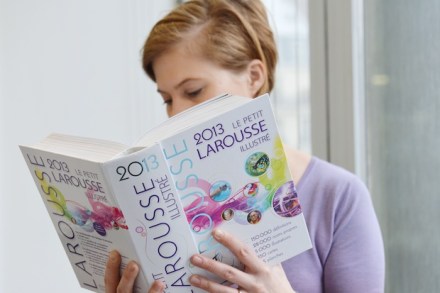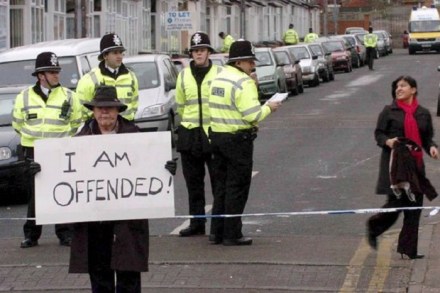How DO you pronounce ‘Marylebone’?
‘Take a trip to Marylebone station,’ chanted my husband. ‘Do not pass Go. Do not collect £200.’ I had been to the station to take the rather nice Chiltern Railways train to Stratford-upon-Avon. En route I had developed doubts, not about my destination, but about the pronunciation of Marylebone. I’ve always said marry-bun, with the vowel of bun indeterminate. But a taxi driver and a ticket collector had said marly-bun. So, back at home, I turned to How to Pronounce It by Alan S.C. Ross, the man who invented U and non-U, but a proper linguistician for all that, and a man guaranteed to take into account traditional tendencies. He











